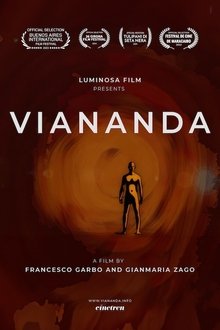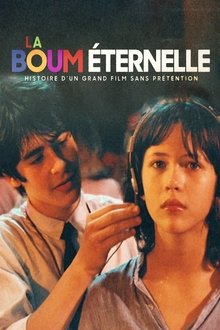Ricardo, Natalia's father, suffers from Parkinson's disease; in that condition he stopped producing Dopamine. Surviving a very strong family crisis, Natalia told them her sexual orientation. She does not understand why after being left-wing militants and fighting for equality and freedom, they could not accept her choice.
Related Movies

Together (2019)
When producer Kees Rijninks, the husband of filmmaker Carmen Cobos, is diagnosed with Parkinson's disease, their world is falling apart. Yet after months of sadness, anger and denial, it appears that they have sufficient resilience to find a new balance in their lives. In TOGETHER they follow for a year a group of incurably ill patients, their partners and their neurologist to find an answer to the question how people deal with the knowledge that they are incurably ill. Do they find the resilience to give their lives a positive meaning in hopeless circumstances?
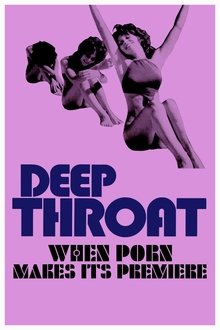
Deep Throat: When Porn Makes Its Premiere (2022)
Deep Throat, a pornographic film directed by Gerard Damiano, a film-loving hairdresser, and starring Linda Lovelace, a shy girl manipulated by a controlling husband, was released in 1972 and divided audiences, who began to talk openly about sex, desire and female pleasure; but also about violence and abuse; and about pornography, until then an almost clandestine industry, as a revolutionary cultural phenomenon.
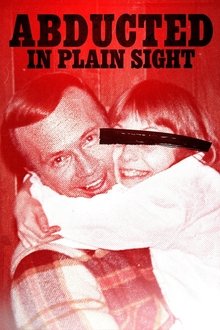
Abducted in Plain Sight (2017)
A family falls prey to the manipulative charms of a neighbor, who abducts their adolescent daughter. Twice.
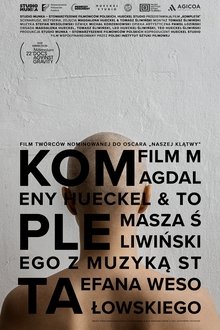
Kompleta (2025)
The film is an intimate record of a difficult period in the life of the creators. The main character, eight months pregnant, was diagnosed with aggressive breast cancer. The dramatic event disrupted the joy associated with the birth of her child.
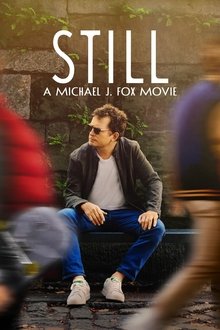
STILL: A Michael J. Fox Movie (2023)
A short kid from a Canadian army base becomes the international pop culture darling of the 1980s—only to find the course of his life altered by a stunning diagnosis. What happens when an incurable optimist confronts an incurable disease?
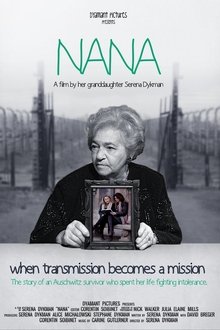
Nana (2018)
Maryla Michalowski-Dyamant, born in Poland, survived Ravensbruck, Malchow, and Auschwitz, where she was the forced translator of the “Angel of Death”, Dr. Mengele. She dedicated her post-war life to publicly speaking of her survival to the young generations, so that it would never be forgotten or repeated. Alice and Serena, her daughter and granddaughter, explore how Maryla’s fight against intolerance can continue today, in a world where survivors are disappearing, and intolerance, racism and antisemitism are on the rise.
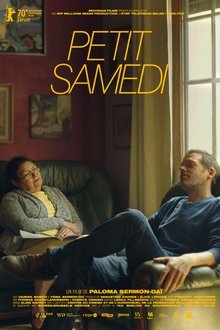
Petit Samedi (2020)
Damien Samedi is 43 years old. When he was a child in his Belgian village on the banks of the river Meuse, they called him the “Petit Samedi”. To his mother, Ysma, Damien is still her child, the one she never abandoned when he got caught up in drugs. A son who sought to protect his mother despite it all, a man attempting to liberate himself from his addictions and faces his past to get through.
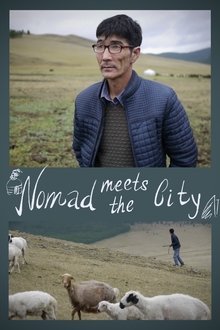
Nomad Meets the City (2020)
Currently Mongolia’s capital has 1.5 million inhabitants - half the population of the country. 50-year Tumurbaatar is only one of many coming to the city to fulfil their dreams of a better life.
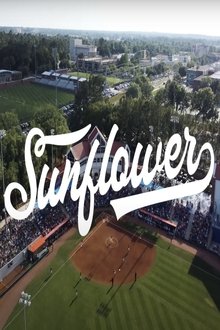
Sunflower (2025)
In 2014, the University of Florida women's softball team was the best it's ever been - and it's all thanks to one young woman, Heather Braswell. Though not an official member of the team, Braswell, a cancer patient and huge Gator fan, was their heart and soul. Find out why the ladies still wear sunflowers on game day in their hair to this day.
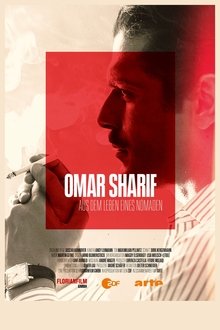
Omar Sharif: Citizen of the World (2020)
Several high-budget epic films became Omar Sharif (1932-2015) a film star. He was an actor, but also a bridge player, a womanizer, a bon vivant; he was a man full of contradictions, who enjoyed card games more than movies; he was an eternal nomad who spent half his life in a hotel.
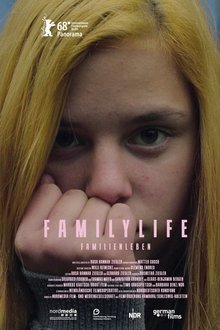
Family Life (2018)
Biggi lives with her two daughters, four dogs and her exboyfriend Alfred on a dilapidated farm in a small village in Saxony-Anhalt. Biggi and Alfred are out of work and they live very modestly. The 14 and 17 year-old daughters Saskia and Denise should really go to school, but there are always reasons for them to stay at home. This gives rise to tension with Alfred. We accompany them during their conflict-ridden everyday lives and learn something about their dreams, fears and hopes. And how difficult it is to break out of a circle.
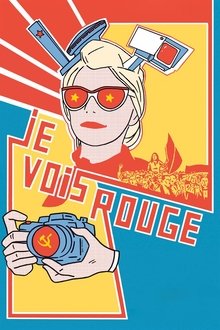
I See Red People (2019)
After twenty-five years spent in France, I return to Bulgaria, camera in hand, with a vertiginous suspicion: what if my family had collaborated with the political police of the communist regime? And what if they were part of the "red trash" that the demonstrators on the street want to see disappear? I decide to investigate and to film, constantly, ready for anything. My adventure transforms itself into a tragic comic odyssey; a film that combines espionage with family.

Digital Tsunami: Big Tech, Big AI, Big Brother (2025)
We are engulfed in a digital tsunami—a toxic mix of artificial intelligence, state and corporate surveillance, and social media addiction controlled by powerful algorithms. Digital Tsunami shows how these are all elements of a digital ecosystem that is changing us as humans—just as the prophetic media guru Marshall McLuhan predicted 60 years ago. The unexpected consequences of this digital revolution have created an urgent need for strategies for survival.
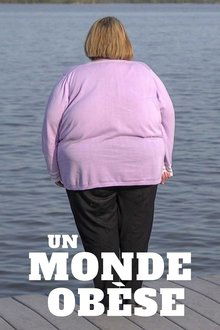
An Obese World (2020)
As obesity progresses inexorably, Sylvie Gilman and Thierry de Lestrade investigate the causes of this planetary plague and reveal the fight waged in certain countries to stem it.
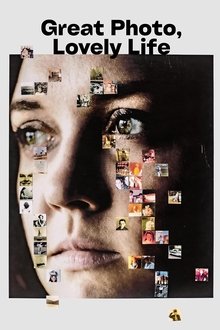
Great Photo, Lovely Life (2023)
A photojournalist turns her lens on the decades of sexual abuse her family and community experienced at the hands of her grandfather in this unflinching portrait of intergenerational trauma, family secrets, and redemption.
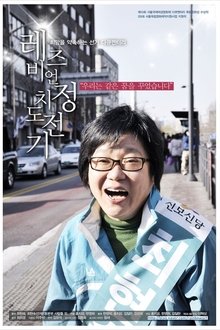
The Time of Our Lives (2009)
A documentary that tells the story of Choi Hyun-sook, the first out lesbian parliamentarian candidate in Korea who ran for Jongno-gu in the April 2008 National Assembly election. It's a story about people who dream of a world where minorities are happy, and who, with expectation and aspiration, find the campaign headquarters and made an election with Choi Hyun-sook.


